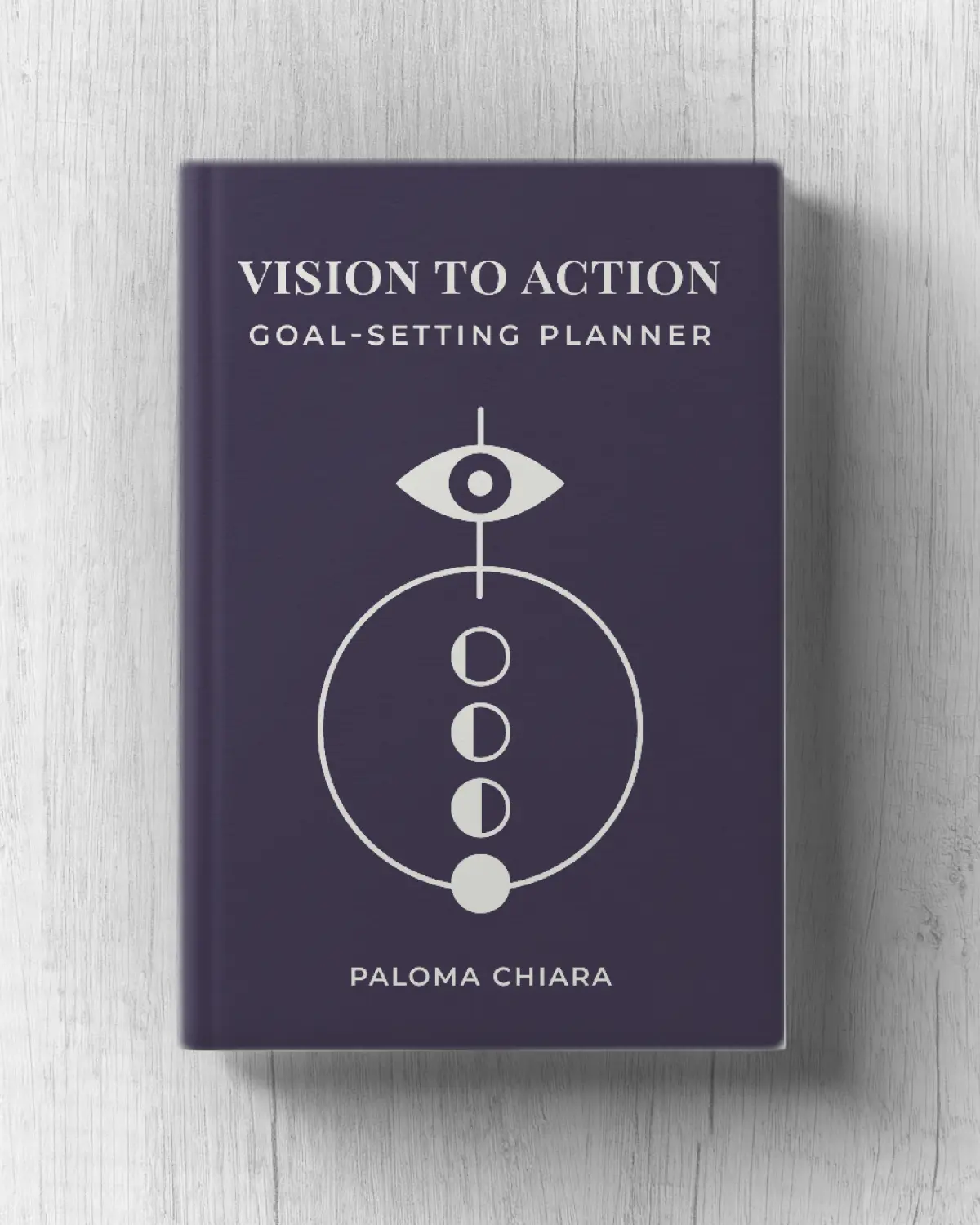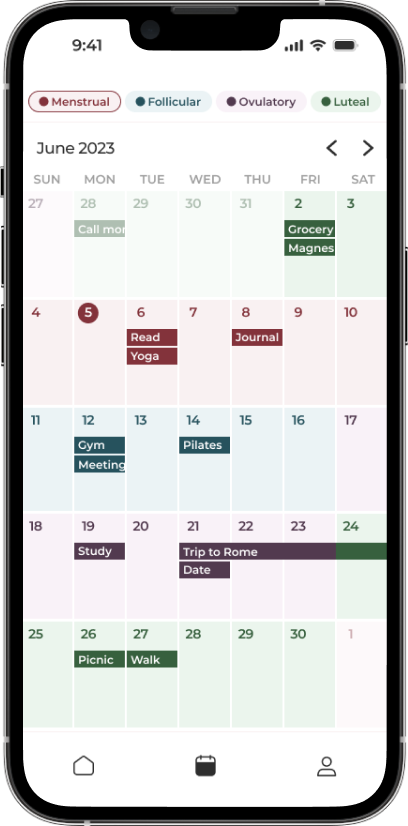How to Use a Life Coach

Life coaching is a valuable partnership that can help you achieve your goals, overcome challenges, and unlock your full potential. However, making the most out of your coaching sessions requires active participation and a well-defined approach. In this article, we’ll explore how to use a life coach effectively and provide a list of essential steps and strategies to maximize the benefits of your coaching journey.
Understanding the Role of a Life Coach
Before delving into how to make the most of your coaching sessions, it’s essential to grasp the role of a life coach. A life coach is not a therapist, mentor, or consultant. Instead, they are a supportive and objective partner who helps you identify and achieve your goals, explore your values, and navigate life’s challenges. Here’s how to effectively use a life coach:
Steps to Make the Most of Your Coaching Sessions
1. Set Clear Goals and Expectations
Begin your coaching journey by defining clear and specific goals. What do you want to achieve through coaching? Whether it’s career advancement, personal growth, improved relationships, or better work-life balance, having well-defined objectives will guide your sessions.
2. Open and Honest Communication
Establish open and honest communication with your life coach from the start. Share your concerns, aspirations, and any obstacles you’re facing. A transparent dialogue creates a strong foundation for the coaching relationship.
3. Actively Participate
Coaching is a collaborative process, and your active participation is crucial. Engage fully in each session, ask questions, and provide feedback. Be willing to explore new ideas and perspectives.
4. Be Open to Change
Coaching often involves exploring your beliefs, values, and behaviors. Be open to the possibility of change and personal growth. Embrace the discomfort that sometimes comes with challenging your existing mindset.

Check out the Vision to Action Planner for only 6$
More info5. Homework and Action Items
Your coach may assign homework or action items between sessions. Take these assignments seriously and complete them on time. They are designed to reinforce your learning and facilitate progress.
6. Accountability
Use your coach as an accountability partner. Discuss your goals and the steps you plan to take. Regularly report on your progress and challenges. Accountability helps keep you on track.
7. Reflect and Self-Assess
Take time between sessions to reflect on your coaching discussions. Self-assessment is a valuable tool for personal growth. Consider what you’ve learned and how you can apply it in your life.
8. Practice Patience
Change and personal growth take time. Don’t expect immediate results. Be patient with yourself and the process. Celebrate small wins along the way.
9. Seek Clarification
If you ever feel unclear about your coach’s guidance or the purpose of an exercise, don’t hesitate to seek clarification. Effective communication ensures you’re both on the same page.
10. Feedback Loop
Provide feedback to your coach about the coaching process. Share what’s working well and what could be improved. A healthy feedback loop enhances the effectiveness of your sessions.
11. Stay Committed
Commit to your coaching journey. Consistency is key to achieving lasting results. Attend scheduled sessions, complete assignments, and stay focused on your goals.
Common Challenges and How to Overcome Them
While using a life coach can be highly beneficial, you may encounter some challenges along the way. Here are common obstacles and strategies to overcome them:
1. Resistance to Change
Challenge: Resistance to change is a natural human response. You may find it challenging to break old habits or confront deep-seated beliefs.
Strategy: Acknowledge your resistance and discuss it with your coach. Together, you can explore strategies to overcome resistance and embrace change.
2. Lack of Time
Challenge: Busy schedules can make it challenging to prioritize coaching sessions and homework assignments.
Strategy: Allocate dedicated time for coaching in your calendar. Treat it as an essential investment in your personal and professional development.
3. Overwhelm
Challenge: Addressing multiple goals or issues simultaneously can lead to overwhelm.
Strategy: Prioritize your goals and tackle them one at a time. Your coach can help you create a structured plan for addressing each objective.
4. Impatience
Challenge: Impatience can arise when you’re eager to see immediate results.
Strategy: Remind yourself that personal growth is a gradual process. Focus on the small, incremental changes you’re making, and trust in the journey.
5. Difficulty in Self-Reflection
Challenge: Some individuals may struggle with self-reflection and introspection.
Strategy: Practice mindfulness and journaling to enhance your self-awareness. Your coach can also guide you in developing these skills.
Quiz: What Is Blocking Your Success?
This quick quiz will help you figure out which mental or behavioral pattern might be holding you back from achieving your full potential. Identifying your specific success blocker is the first step toward breaking through to new levels of achievement and fulfillment.
Read each question and choose the answer that feels most true to your situation.
No email or payment is required to complete the quiz and receive your personalized insights.
Once you have your primary success blocker, you have clarity about what’s been holding you back. This awareness is powerful—many people spend years struggling without understanding the specific pattern that’s limiting their progress.
Remember, these patterns aren’t permanent character traits but rather habitual ways of thinking and behaving that can be changed with the right guidance and practice.
If you’re ready to break through your specific blocker and achieve the success you know you’re capable of, send me an email to try out a coaching session. Your breakthrough awaits!
Still waiting for the 'perfect time'?
Email me what you'd do if you stopped making excuses. We'll work backwards from there.
Let's startRecent posts
-
The Complete Guide to Becoming a High Achiever
Read blog -
How To Make a Positive Impact in Your Community
Read blog -
What Is the “Winter Arc” Challenge?
Read blog -
What Is "the Great Lock-In" and Should You Try It?
Read blog -
What Are the 75 Hard and Soft Challenges?
Read blog -
How to Validate Yourself
Read blog

The App Made To Sync Your Lifestyle to Your Menstrual Cycle.
A solution for women who are looking to keep track of what they sync to their cycles, such as fitness, diet, etc. by adding it to a calendar that also predict their phases.
Learn more





Comment